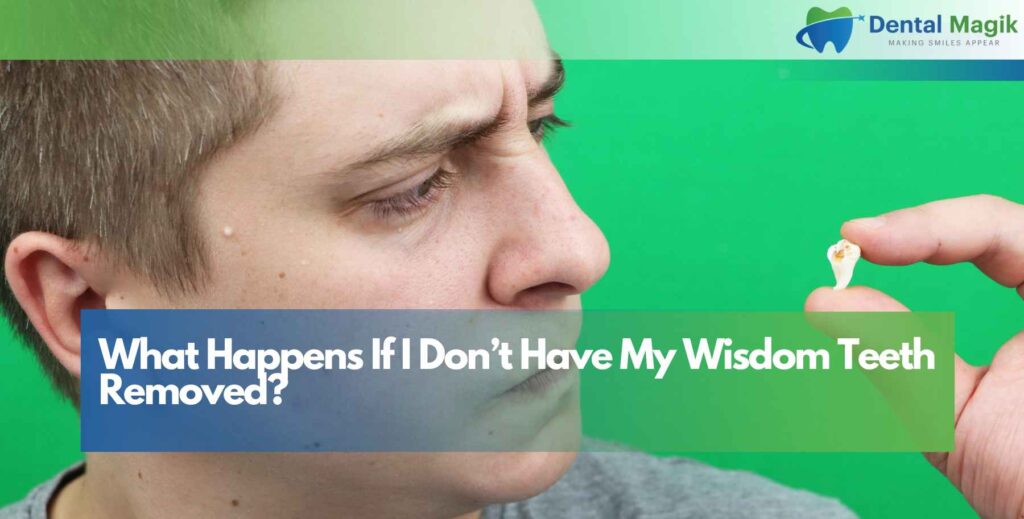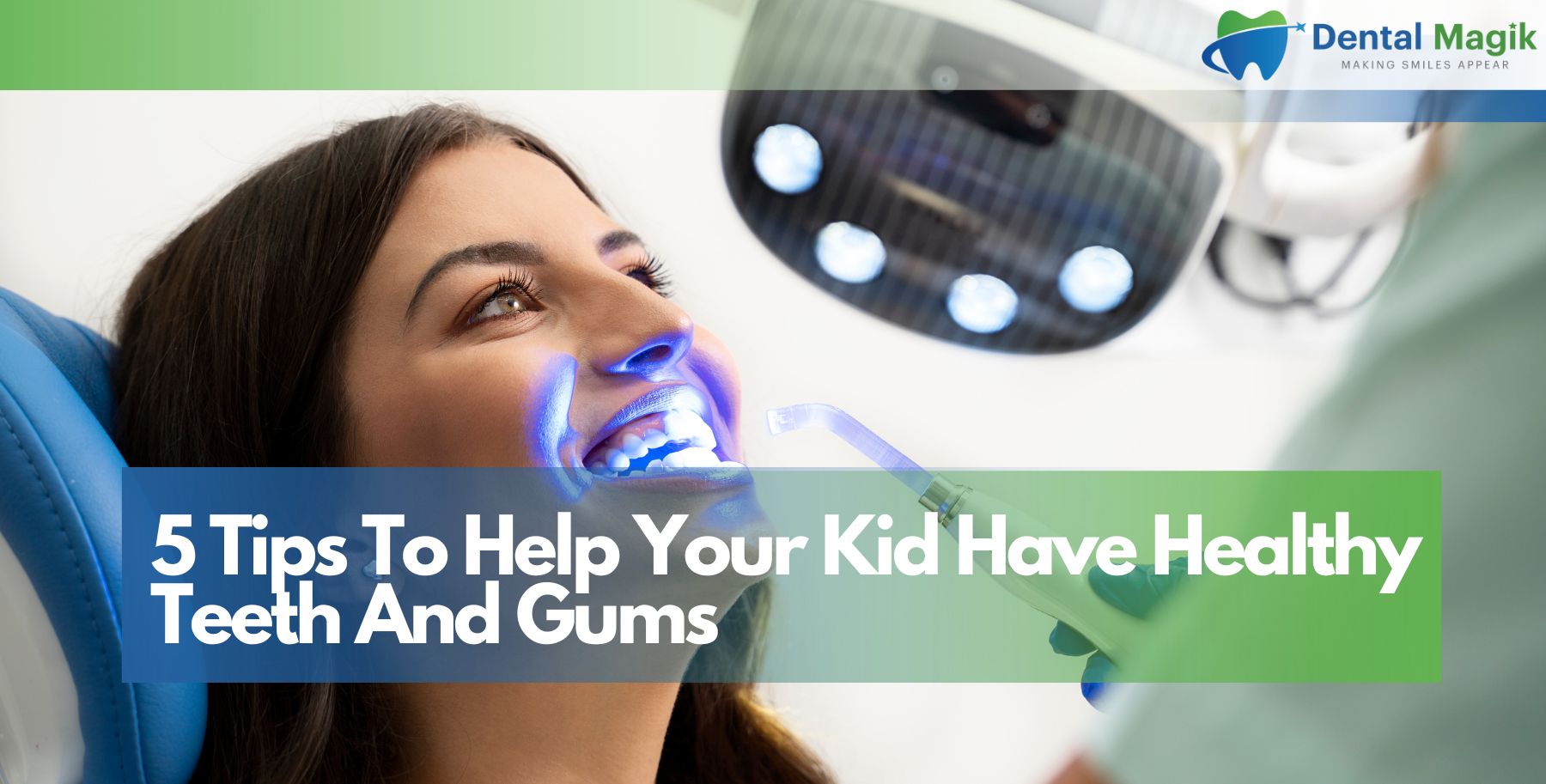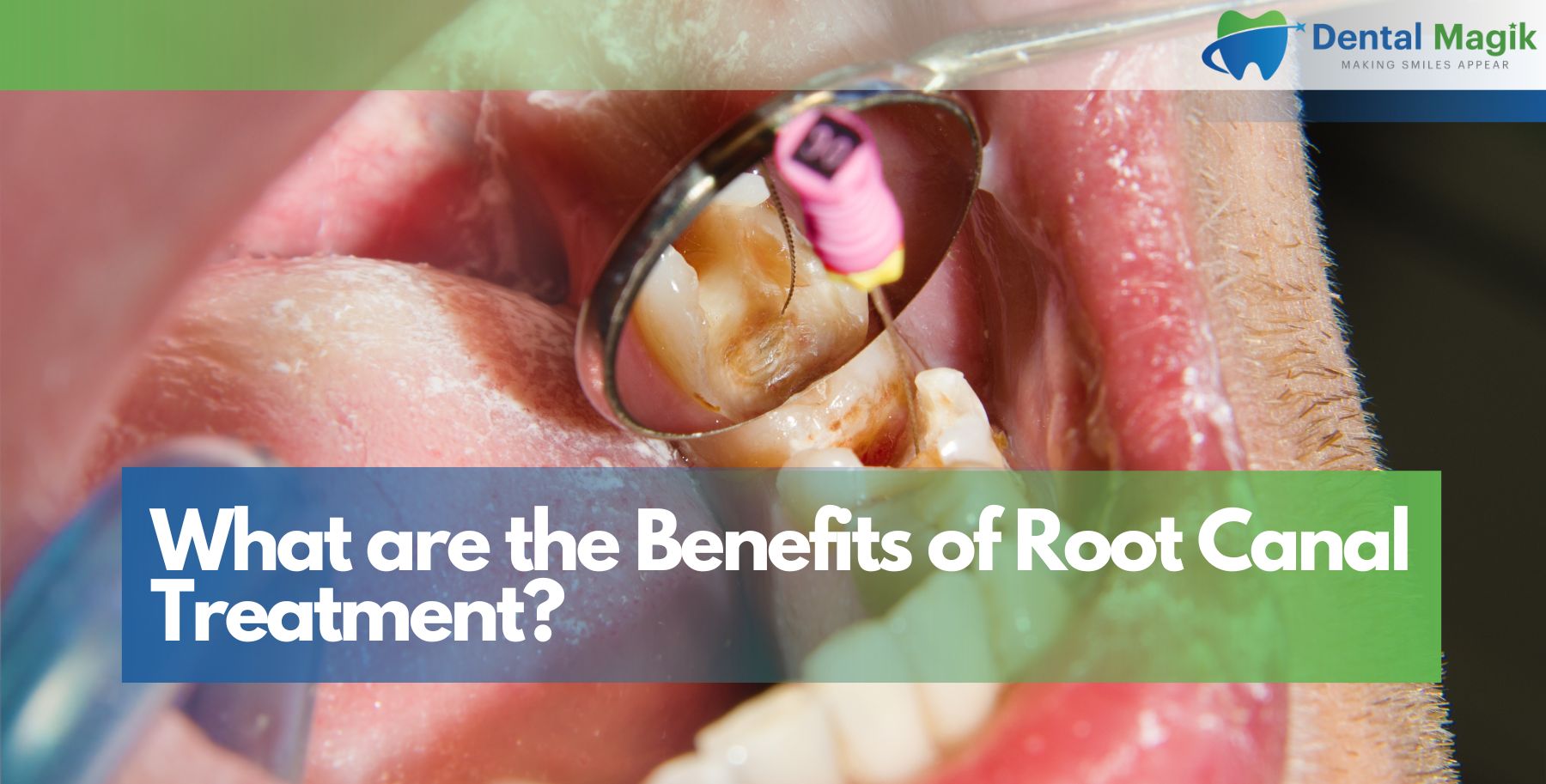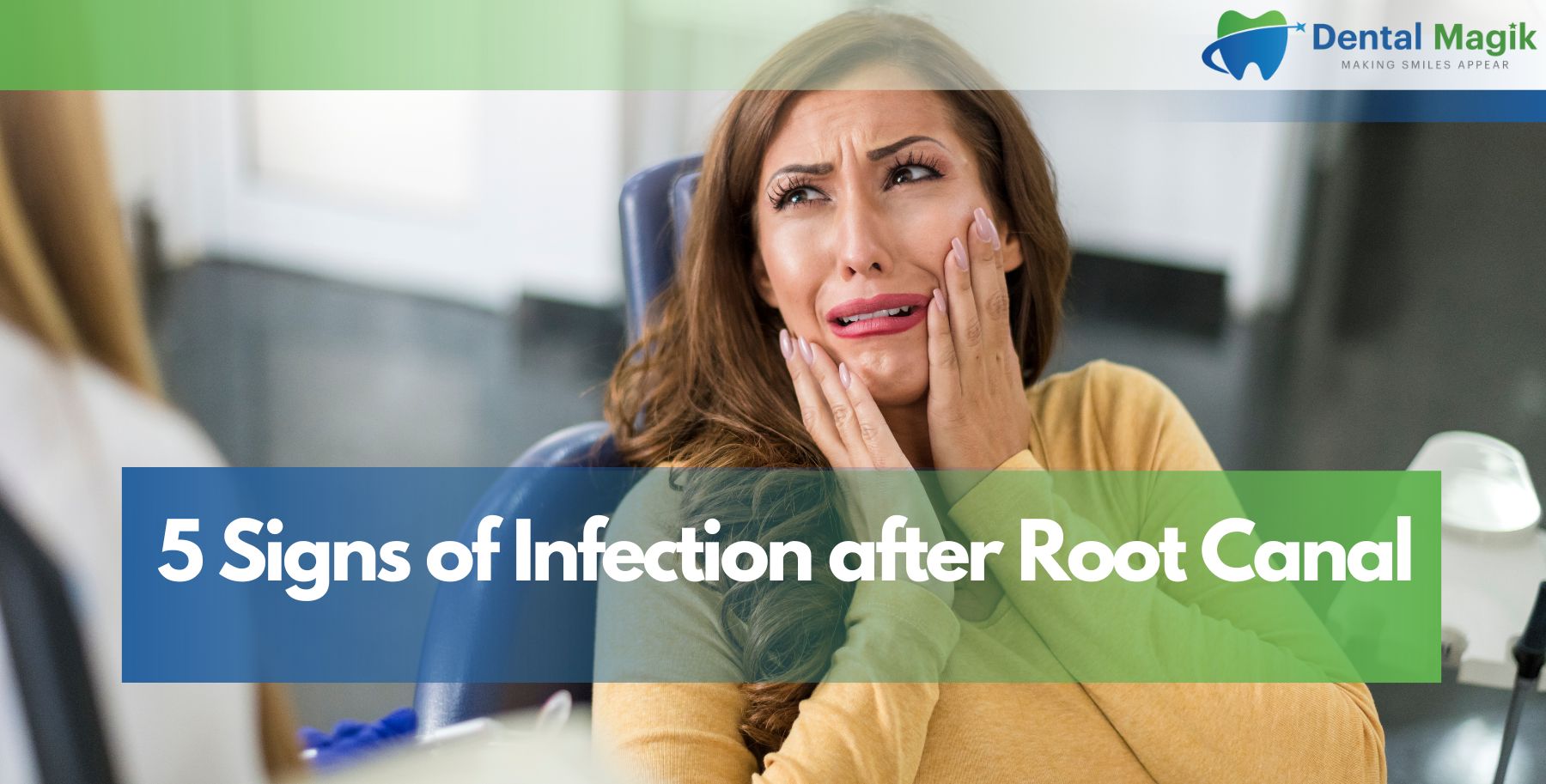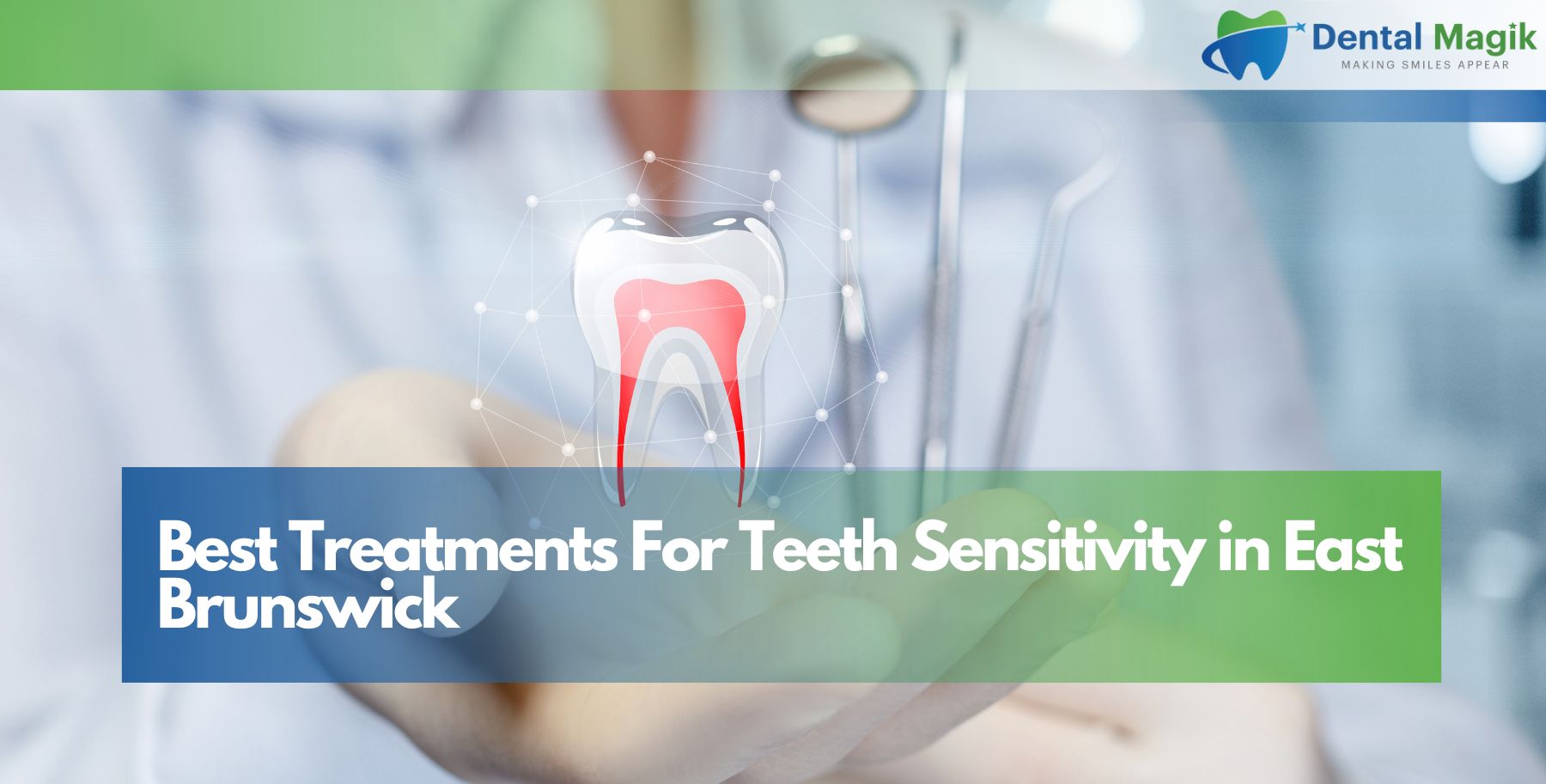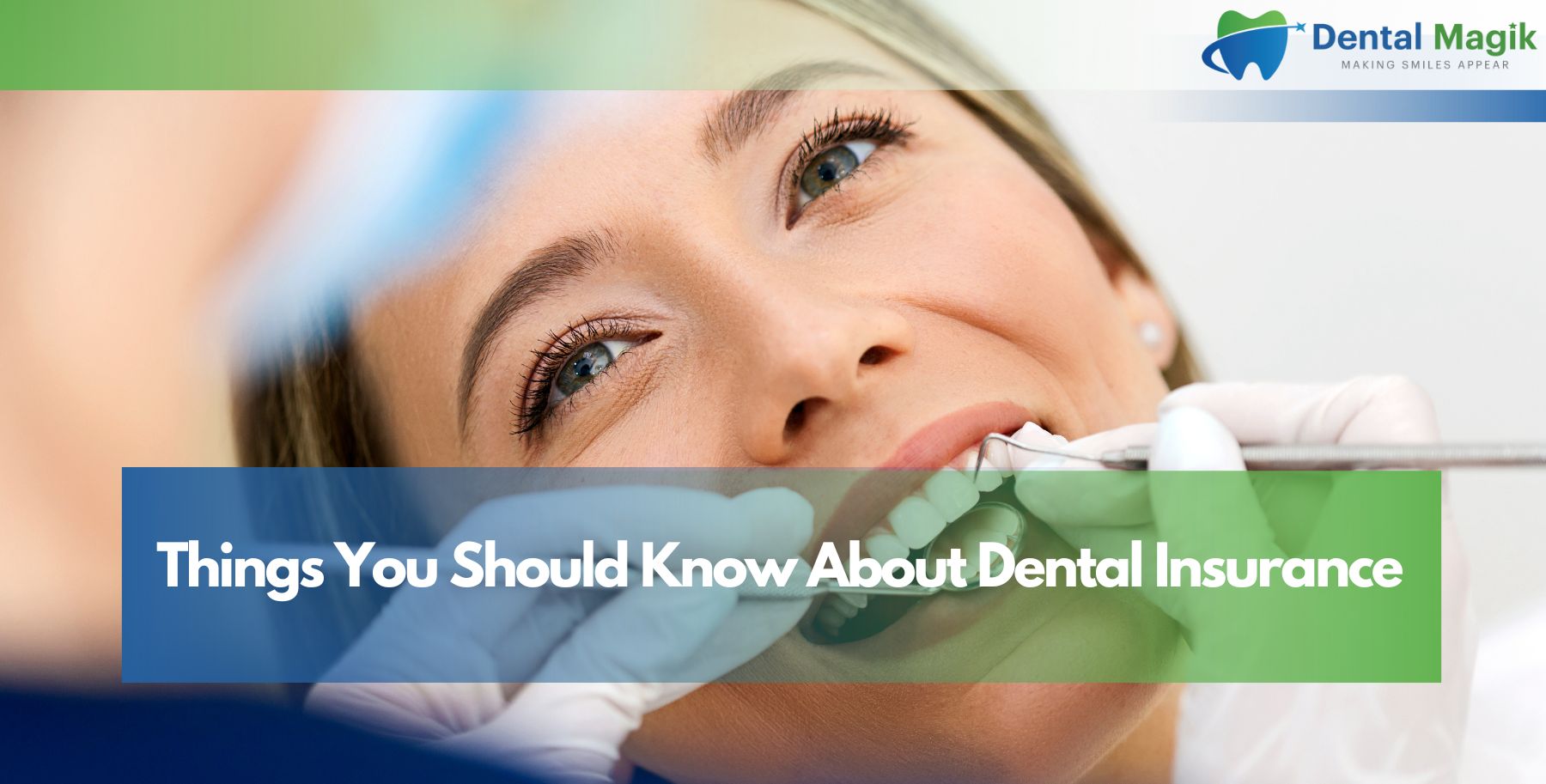Wisdom teeth are the third set of molars that typically emerge between the ages of 17 and 25. These teeth often cause concern, as many individuals require them to be removed due to various issues that arise. However, there are cases where people may wonder: What happens if I don’t have my wisdom teeth removed? While some individuals experience no problems with their wisdom teeth, others may encounter serious complications if these teeth are left untreated. This article explores the potential consequences of not having wisdom teeth removed, including how they can affect your oral health and overall well-being.
In this detailed article, we will also provide insights into the importance of wisdom teeth removal, the risks associated with leaving them in, and when you should consider consulting an Oral Surgeon in East Brunswick NJ for an evaluation.
Understanding Wisdom Teeth and Their Role
Before we dive into the potential consequences, it’s important to understand the role wisdom teeth play in your mouth. Wisdom teeth are the last molars at the back of your mouth, and they typically grow in after the other permanent teeth have already emerged. These teeth were once crucial for our ancestors who needed to chew raw plants and meat. Today, however, they are largely redundant due to changes in diet and lifestyle.
For many people, wisdom teeth do not cause any issues. They emerge without difficulty, fit well into the mouth, and function like any other molar. But for others, wisdom teeth can lead to a variety of problems that may require removal.
Potential Risks of Keeping Wisdom Teeth in Place
When wisdom teeth are left in the mouth without professional intervention, a variety of complications can arise. These problems can range from mild discomfort to serious oral health issues. Let’s examine the key risks of not having your wisdom teeth removed.
Impaction of Wisdom Teeth
One of the most common reasons for wisdom teeth removal is impaction. Impacted wisdom teeth occur when there is insufficient space in the mouth for the teeth to emerge properly. Instead of growing through the gum line as expected, the teeth may remain partially or fully trapped beneath the gums.
Impacted wisdom teeth can cause pain, swelling, and infection. The pressure they exert on surrounding teeth can also lead to discomfort and other dental issues. Over time, an impacted wisdom tooth can push on the adjacent molars, causing them to shift out of alignment, potentially leading to malocclusion (bite issues).
If left untreated, impacted wisdom teeth can become infected, leading to more severe problems such as gum disease or the formation of cysts or tumors.
Infection and Gum Disease
Wisdom teeth are located at the back of the mouth, making them difficult to clean properly. As a result, bacteria and food particles can accumulate around the wisdom teeth, leading to infection and gum disease. Infected wisdom teeth can cause persistent pain, swelling, and an unpleasant taste in the mouth.
If you neglect to remove your wisdom teeth, you increase the risk of chronic infections and gum disease. If left untreated, these conditions can lead to more severe health issues, including tooth loss and damage to the jawbone.
Cysts and Tumors
A less common but serious complication of keeping wisdom teeth in is the development of cysts or tumors around the impacted teeth. These growths can cause damage to the surrounding bone and tissue, leading to severe complications if not addressed promptly.
Cysts are fluid-filled sacs that can develop around an impacted tooth. They can expand over time, damaging surrounding bone and tissue. In rare cases, cysts can lead to the formation of benign tumors, which may require more extensive treatment and surgical intervention.
Damage to Adjacent Teeth
Wisdom teeth that are left in place without proper care or extraction can affect the health of the adjacent teeth. Impacted or partially erupted wisdom teeth may exert pressure on neighboring molars, causing them to shift, become misaligned, or develop cavities. Additionally, the difficulty of cleaning around wisdom teeth increases the likelihood of plaque buildup, leading to tooth decay.
If the pressure from an impacted wisdom tooth causes significant damage to neighboring teeth, costly restorative procedures may be required to fix the damage, which could have been prevented with early wisdom teeth removal.
Bad Breath (Halitosis)
One of the more common side effects of wisdom teeth that are not properly cared for is bad breath, also known as halitosis. This condition often arises from an accumulation of food particles, bacteria, and plaque around the wisdom teeth, particularly if they are impacted or difficult to clean.
Wisdom teeth that are infected or covered by gum tissue can create a breeding ground for bacteria, contributing to foul-smelling breath. If left untreated, the bad breath can persist, negatively impacting your social interactions and self-confidence.
Jaw and Facial Pain
The discomfort associated with wisdom teeth can extend beyond the teeth themselves. Many people experience jaw pain, headaches, or facial swelling as a result of impacted or infected wisdom teeth. The pain can range from mild to severe, and it may worsen over time.
If you leave wisdom teeth untreated, the pressure from the teeth pushing on the surrounding bone and tissues can cause chronic discomfort. Over time, this may lead to more severe pain, and in some cases, it may interfere with daily activities such as eating, talking, and even sleeping.
Orthodontic Issues
If you have had orthodontic treatment, such as braces or retainers, and your wisdom teeth are left untreated, they could potentially undo some of the benefits of the treatment. The emergence of wisdom teeth may push other teeth out of alignment, requiring further orthodontic intervention to fix the problem.
In some cases, leaving wisdom teeth in place can result in the shifting of previously straightened teeth, causing the need for additional treatments or even the use of braces again.
Signs That Indicate You Need Wisdom Teeth Removal
While some individuals can keep their wisdom teeth without issue, there are clear signs that may indicate it’s time for Wisdom Teeth Removal in East Brunswick, NJ. Here are some of the most common signs:
- Pain and Swelling: If you are experiencing pain or swelling in the back of your mouth, it could be a sign that your wisdom teeth are impacted or infected.
- Difficulty Opening Your Mouth: If it becomes painful or difficult to open your mouth fully, your wisdom teeth could be exerting pressure on your jaw or surrounding teeth.
- Gum Infection: Swelling or bleeding gums around the wisdom teeth can be an indication of an infection or gum disease.
- Bad Breath: Persistent bad breath that doesn’t go away with regular oral hygiene may indicate an issue with your wisdom teeth.
- Tooth Decay: If your wisdom teeth are partially erupted or impacted, they may be at higher risk of cavities or decay.
If you are experiencing any of these symptoms, it’s essential to consult with an Oral Surgeon in East Brunswick NJ to discuss your options. The oral surgeon can evaluate your condition and recommend the best course of action, which may include wisdom teeth removal.
The Process of Wisdom Teeth Removal
The process of wisdom teeth extraction varies depending on the complexity of the case. For some individuals, the procedure is straightforward, while for others, it may require more advanced surgical techniques.
Consultation and Evaluation
The first step in the process is a consultation with an oral surgeon. During this visit, the surgeon will conduct an examination and may take X-rays to assess the position of your wisdom teeth. They will discuss your symptoms and medical history to determine whether wisdom teeth removal is necessary.
Anesthesia Options
Wisdom teeth removal is typically performed under local anesthesia to numb the area. In more complex cases, sedation or general anesthesia may be used to ensure the patient remains comfortable throughout the procedure.
The Procedure
Once the anesthesia has taken effect, the oral surgeon will make an incision in the gum tissue to access the wisdom teeth. In some cases, the teeth may need to be divided into smaller pieces for easier removal. Once the teeth are removed, the incisions will be closed with stitches.
Recovery
After the procedure, most patients experience some swelling, bruising, and discomfort. Pain medications and ice packs are typically recommended to help manage the recovery process. It’s important to follow your oral surgeon’s post-operative instructions to ensure proper healing and reduce the risk of complications.
Follow-up Appointments
A follow-up appointment may be scheduled to monitor the healing process and remove any stitches if necessary. Most individuals recover fully within a few days to a week after the procedure.
When to Seek Professional Help for Wisdom Teeth Removal
If you are experiencing any symptoms of impacted wisdom teeth or if your wisdom teeth are causing discomfort, it’s important to seek professional help as soon as possible. An early consultation with a qualified Oral Surgeon in East Brunswick NJ can help you avoid complications and preserve your oral health.
Learn More: Restorative Dentistry in East Brunswick, NJ
Conclusion
While some people may not need to have their wisdom teeth removed, the risks of leaving them untreated can be significant. Impacted wisdom teeth can lead to infections, gum disease, damage to adjacent teeth, and more. If you are experiencing any issues with your wisdom teeth, it’s essential to consult with an oral surgeon to discuss your options. Remember, timely Wisdom Teeth Extraction in East Brunswick can save you from more serious dental problems in the future.
If you are seeking a professional to help with wisdom teeth removal or any other dental concerns, don’t hesitate to contact a Dentist in East Brunswick, NJ. With the right care, you can maintain a healthy, pain-free smile.

